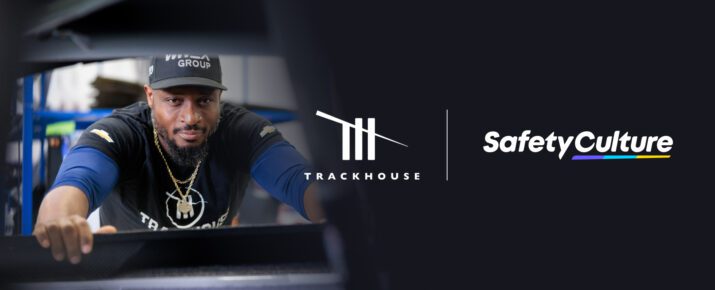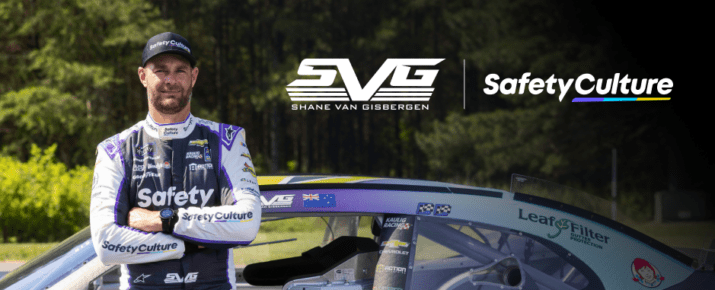Driving precision: The role of a NASCAR Car Chief
Moments That Matter | By | 20 Aug 2024 | 4 minute read
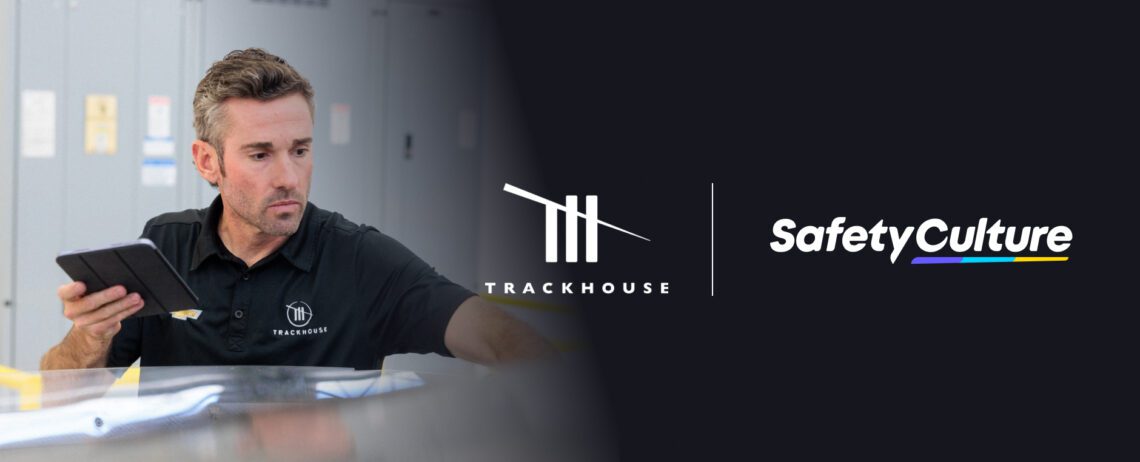
In NASCAR, the spotlight often shines on the drivers, but taking out the flag is a team effort. One of the most important roles on that team is the Car Chief, who is responsible for making sure the car is race-day ready.
David Fero, the Car Chief for Trackhouse Racing’s No. 1 Chevrolet, has honed his craft over many years. We spoke with him about the Moments that Matter to understand how preparation and mindset drive his success in one of the most demanding roles in motorsport.
From mechanic to mastermind
David Fero’s passion for racing began at a young age, fueled by his experience as a NASCAR fan and dirt track racer. After a decade with the World of Outlaws series, he transitioned to NASCAR, seeking a more balanced lifestyle that allowed him to focus on both family and career. “The travel schedule was grueling, and I wanted to be a husband and father,” he shares.
This transition not only fulfilled his personal goals but also allowed him to bring his mechanical expertise to one of the world’s most competitive racing circuits. “I’ve always been competitive,” David says. “Whether it’s in work, exercise, or health, I strive to be better every day.”
Starting as a NASCAR mechanic in 2013, David’s dedication to process and attention to detail quickly propelled him through the ranks, leading to his current role as Car Chief in 2020.

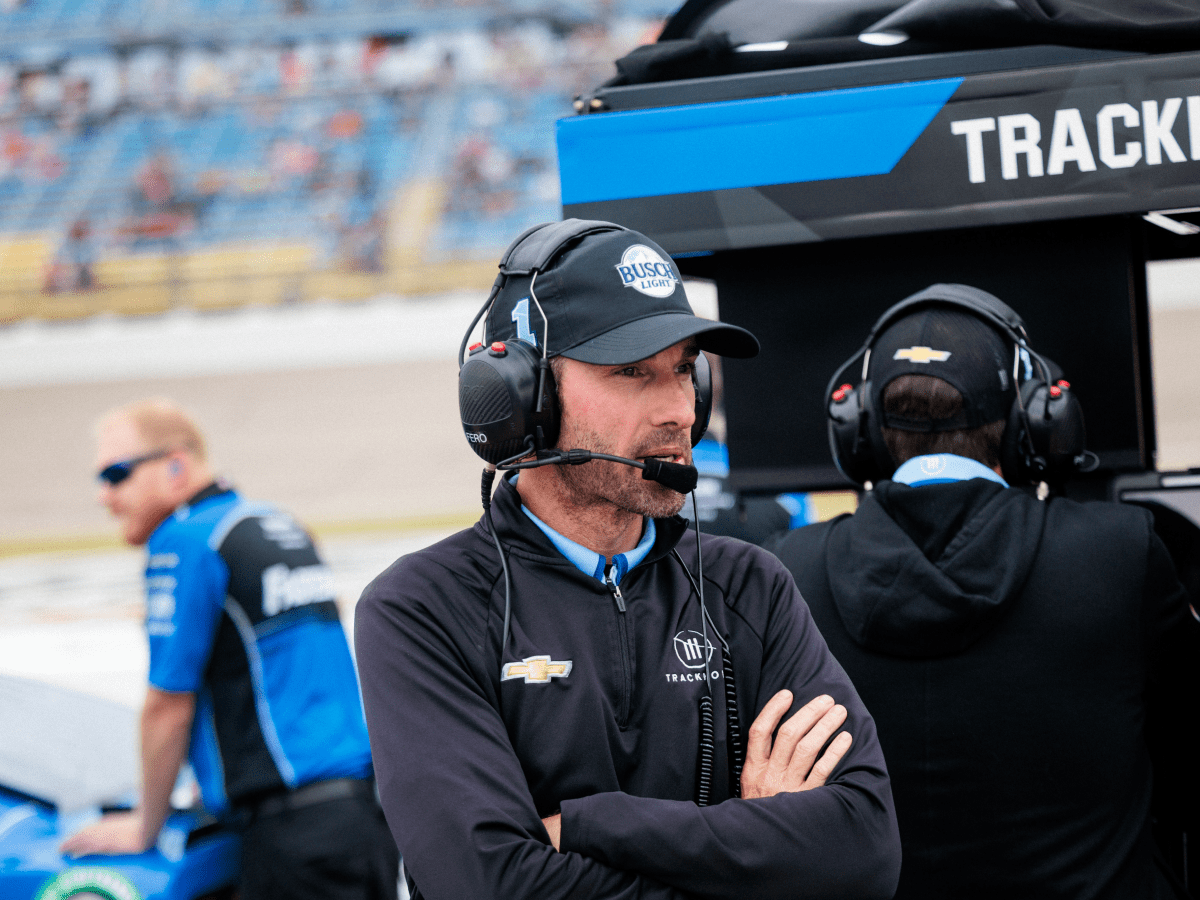
What exactly does a Car Chief do?
A Car Chief is the backbone of a NASCAR team, responsible for making sure the race car meets every NASCAR standard and specification. Working hand-in-hand with the Crew Chief, the Car Chief oversees the vehicle’s setup and adjustments and the day-to-day preparations leading up to race day. The role demands attention to detail, and an in-depth understanding of the car’s components. The Car Chief coordinates efforts across various departments, ensuring that every aspect of the vehicle is optimized for peak performance.
Precision in preparation
For David, preparation is an art form, and race week is all about planning. From verifying the car’s suspension setup to ensuring every component meets NASCAR’s exact standards, David relies on extensive checklists to guide the team through each step.
“We come into the shop on Monday and open a new book,” David explains. “We have seven cars in rotation, but essentially, when you get a car back, it’s a completely new build. Engineering gives us a setup sheet, and then we’ll go through the entire system to verify everything is built to specification and meets our standards. By the time we’re finished, that car is fully prepped and as ready as it can be for the weekend’s race.”


Embracing technology
David sees digitization as a game-changer for the team because the smallest oversight can lead to failure. With this in mind, David made the decision to swap out Trackhouse’s paper checklists for the SafetyCulture platform.
“Switching to digital checklists allows us to streamline operations, stay on top of things in real-time no matter where we are, and just give me peace of mind. I can instantly check next week’s car’s progress and know exactly where it stands. On race day, I can go through the entire car from front to back and check nothing’s been missed without going down a rabbit hole and overthinking mental checklists. It helps me focus on what truly matters.”



Mindset and motivation
David’s competitive spirit and drive for continuous improvement are matched by his commitment to mindfulness. With a grueling 38-race schedule and the likelihood of winning one or two races a season, staying motivated and looking forward is essential. David emphasizes the importance of resilience, encouraging his team to view each new race as a fresh opportunity, regardless of past outcomes.
“You have to be prepared for anything,” David says. “A bad week doesn’t define the next one. It’s all about staying positive because it’s a whole new event, and a whole new opportunity.”
Race day relief
On race day, the atmosphere is charged with anticipation.
When the garage doors open, a flurry of activity kicks off. David’s team has a 30-minute window to make critical last-minute adjustments. Engineers provide setup changes, and David and his crew fine-tune the car, overlooking the suspension, brakes, and every detail that could make or break the race.
“In those two hours before the race, I can go into a rabbit hole,” David admits. “Did we do everything right? Are there any issues that could arise? It’s a constant battle between confidence in our preparation and the nagging doubts of what could go wrong.”
Once the car is out on the track, David’s mind shifts gears. “The weight is lifted when the car starts to pace around. It’s out of your hands. You’re handing over the torch, and the rest is in their control.”
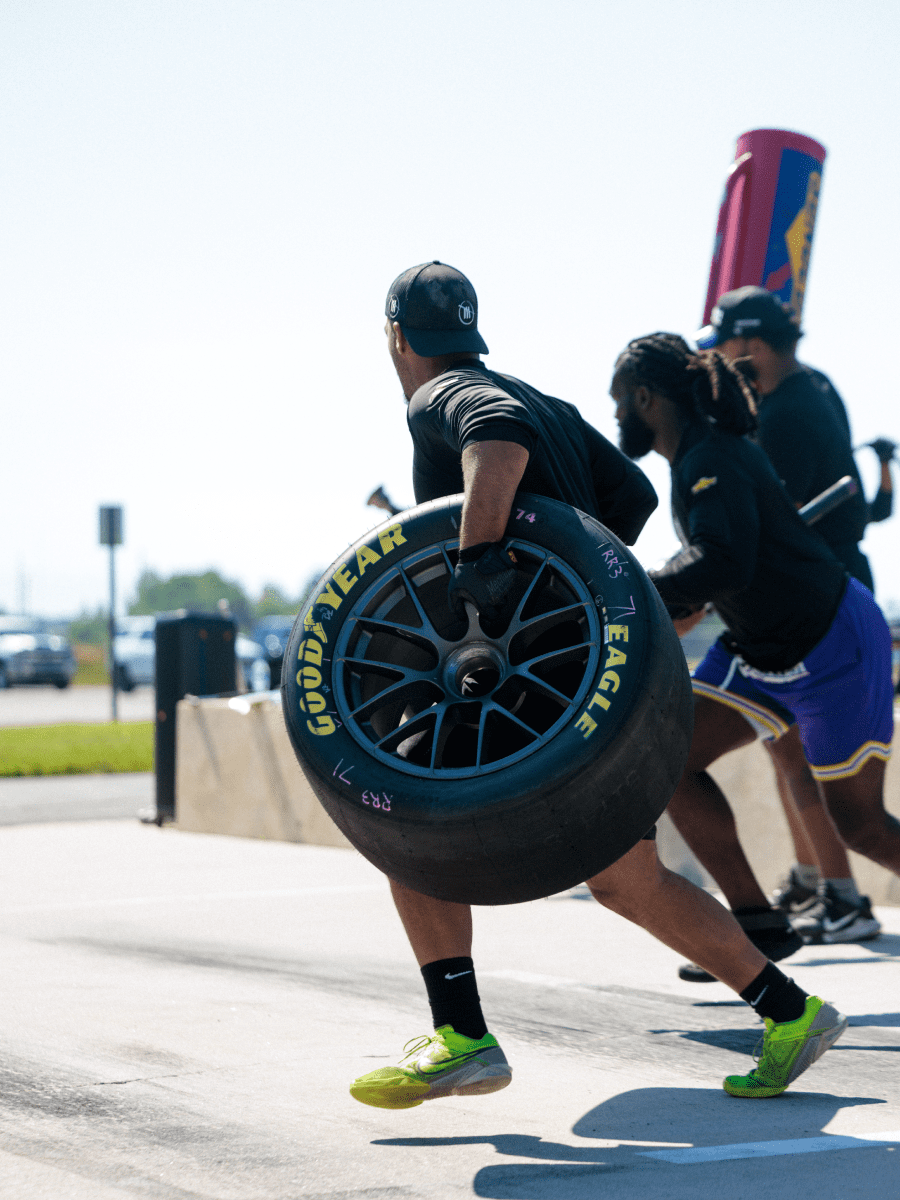
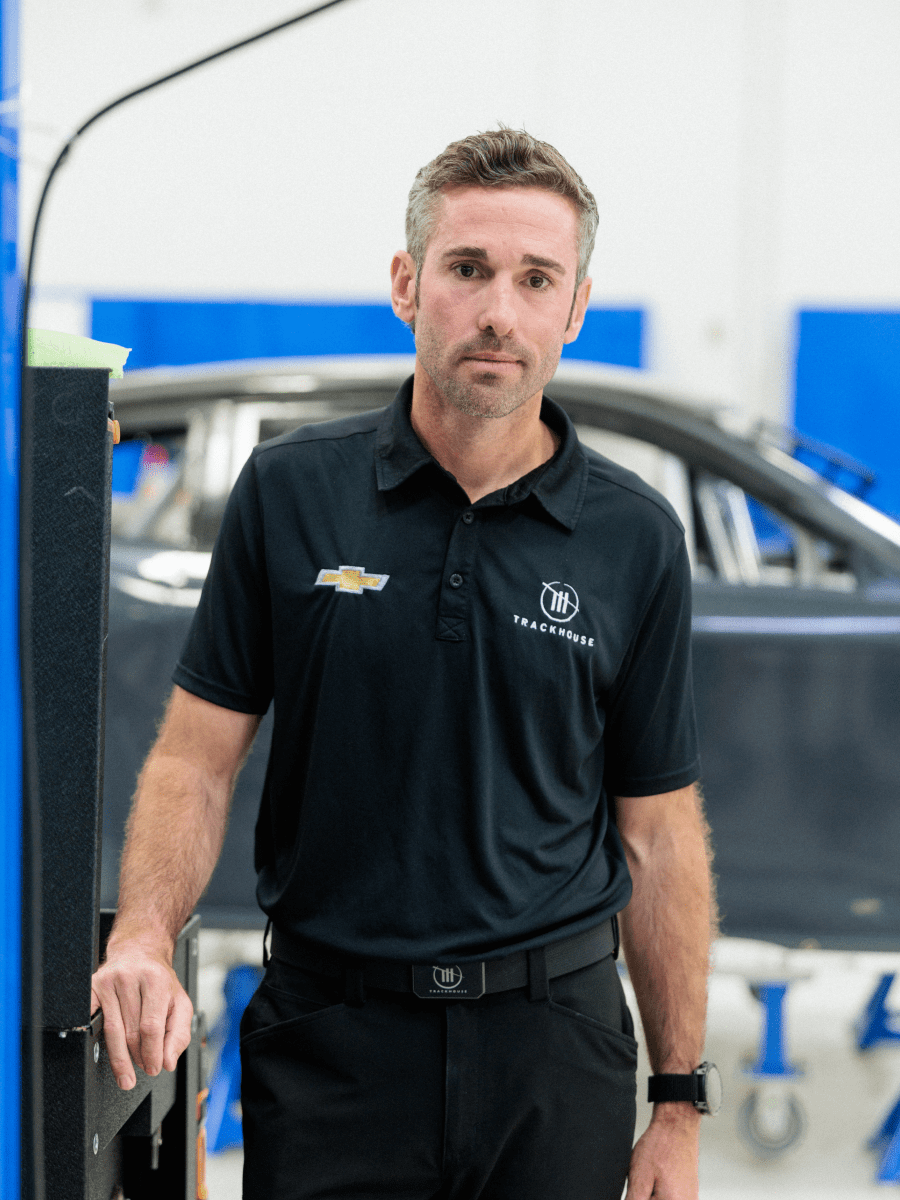
Precision-powered performance
In NASCAR, small details can be the difference between winning and losing. That’s why the Car Chief role is crucial. As Ross Chastain says, “I cannot drive a slow car fast. The little details that he [David Fero] checks off on to ensure everyone’s doing their part makes the difference in us winning or losing.”
David Fero doesn’t like to leave anything to chance. With SafetyCulture, he can stay across every detail, component, and decision. Want the same confidence in your team? Learn how SafetyCulture can help here.
Moments That Matter is a series where we chat to those at the top of their fields about the seemingly small steps that, when combined, have a major impact on their life and career. We don’t often look back on our day-to-day, but it’s these very moments that ladder up to something more. At SafetyCulture, we’re grounded in practice – the details that go into the doing.
Read more about how SafetyCulture is driving motorsport performance
- Pit road lessons: Shaun Peet on making every second count
- The art of preparation with NASCAR’s Shane van Gisbergen
- Trackhouse Racing enters new partnership with SafetyCulture
Important Notice
The information contained in this article is general in nature and you should consider whether the information is appropriate to your specific needs. Legal and other matters referred to in this article are based on our interpretation of laws existing at the time and should not be relied on in place of professional advice. We are not responsible for the content of any site owned by a third party that may be linked to this article. SafetyCulture disclaims all liability (except for any liability which by law cannot be excluded) for any error, inaccuracy, or omission from the information contained in this article, any site linked to this article, and any loss or damage suffered by any person directly or indirectly through relying on this information.
